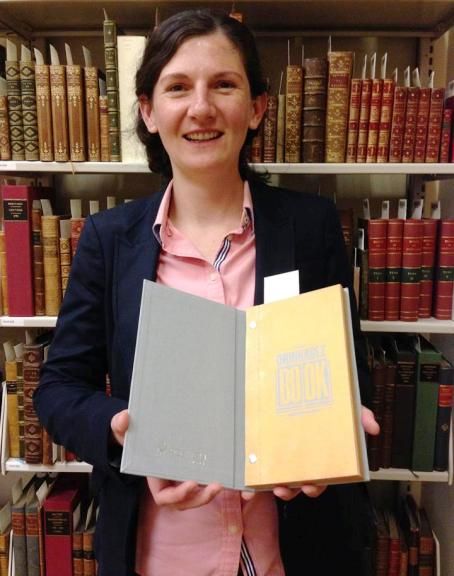
The book is the brainchild of Theresa Dankovich, who calls it 'The Drinkable Book'
Contaminted water is a major problem that plagues third world countries. To address the issue, a scientist living in the United States has developed an inexpensive 'drinkable book' with bacteria-killing metal nanoparticles.
The book is designed in such a way that its pull-out pages can filter drinking water.
Each page can be removed from the book and slid into a special holding device in which water is poured through and filtered.
The book is the brainchild of Theresa Dankovich, who calls it ‘The Drinkable Book’.
This paper was created and shown to be highly antibacterial during Dankovich's PhD at McGill University.
Dankovich found that sheets of thick filter paper embedded with silver nanoparticles could filter dirty water, eliminating a wide variety of microorganisms, including bacteria and some viruses.
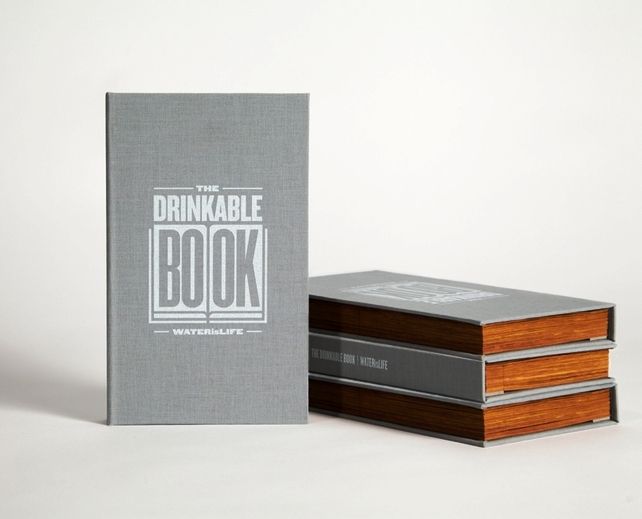
Printed on each page of the book is information on water safety both in English and the language spoken by the inhabitants of the place where the filter is to be used.
A page can clean up to 100 litres of drinking water and the book can filter one person's water needs for four years.
Although silver and similar metals have been known for centuries to have the ability to kill bacteria, no one had put them into paper to purify drinking water.
Dankovich began field investigations of water purification applications in Limpopo, South Africa, as well as northern Ghana, Haiti and Kenya.
Last year, Dankovich formed a nonprofit company, pAge Drinking Paper.
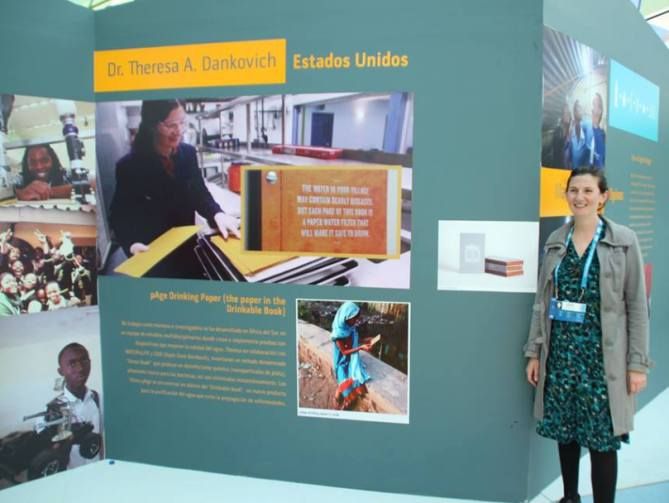
She has teamed up with the nonprofit WATERisLIFE for the next step in developing these filters for use in the real world.
The site drinkablebook.tilt.com lays down the following goals --
- Engaging local communities in protecting and cleaning their drinking water. WATERisLIFE has ties to rural communities in Ghana, Haiti, Kenya, and India, where feedback from local folks will be gathered in Fall 2014 through Winter 2015.
- Exploring other filter prototype designs to determine the best way to clean water with this pAge drinking paper technology. While in South Africa, Dankovich worked with Corinne, a MS engineering student from Carnegie Mellon University. Corinne has led a group of students to design an emergency water filter using pAge filters.
- Producing 1000 Drinkable Books (25,000 pAge filters). The number of books needed is many more than Theresa has ever made in the lab, and the production needs to be scaled up.
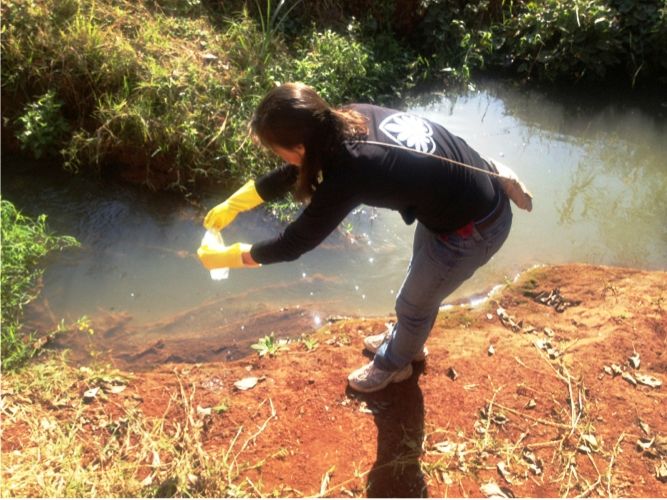
Up to this point, Dankovich has made every pAge by hand in a church kitchen.
So far, she has made enough pAges for 50 Drinkable Books, which took over 60 hours for the paper treatment and drying steps.
Her goal for scaling up production will include the adaptation of her paper treatment method to a pilot paper making facility.
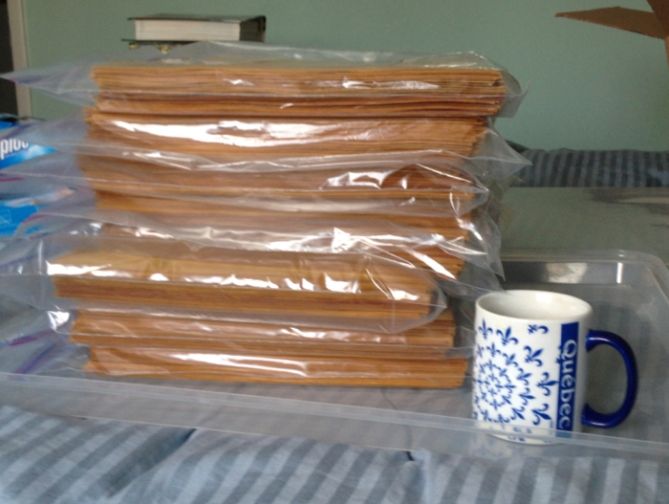
The timeline for this goal is Winter/Spring 2015.
Additional inputs from PTI
For more information, visit Drinkable Book website










 © 2025
© 2025